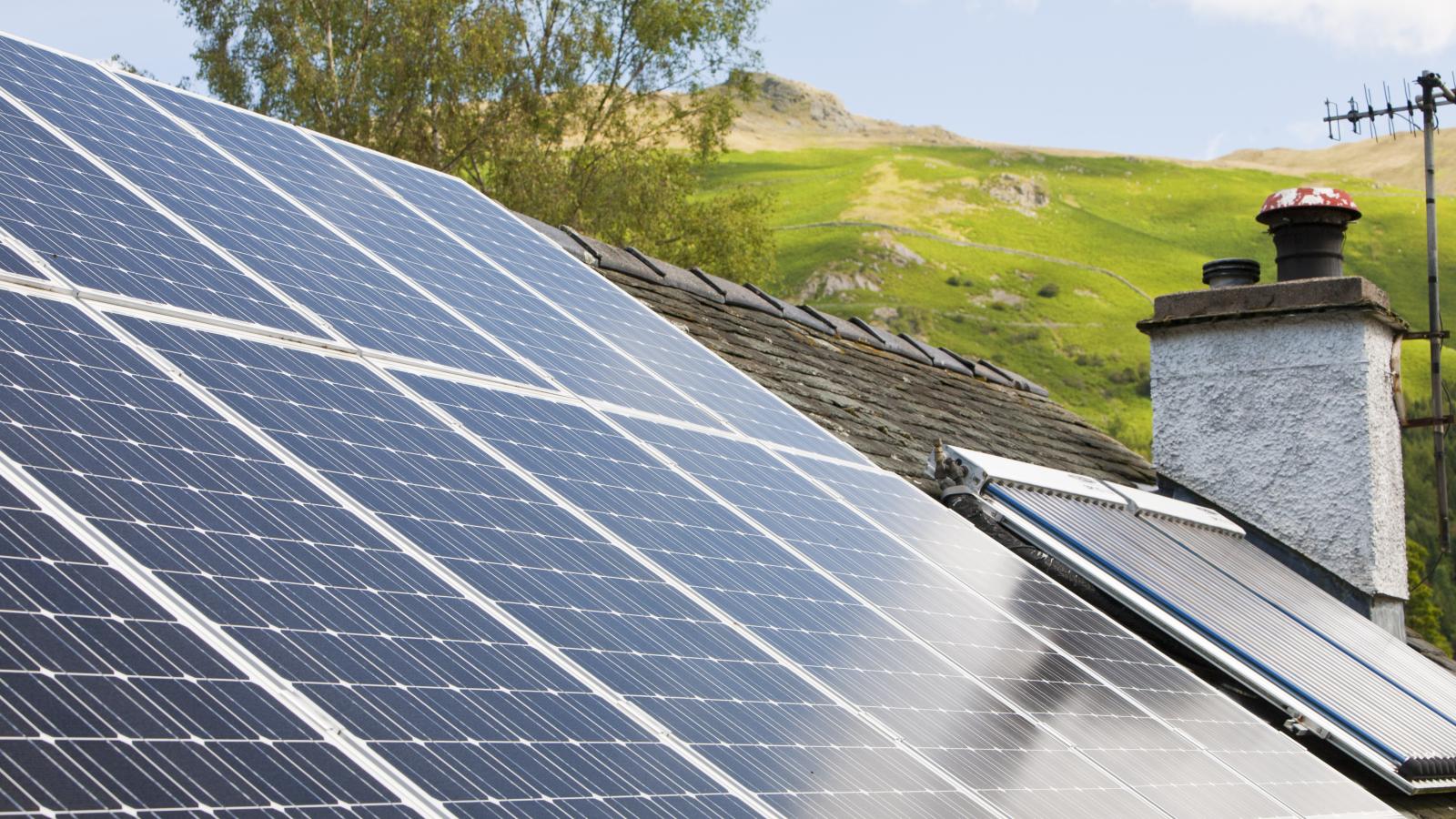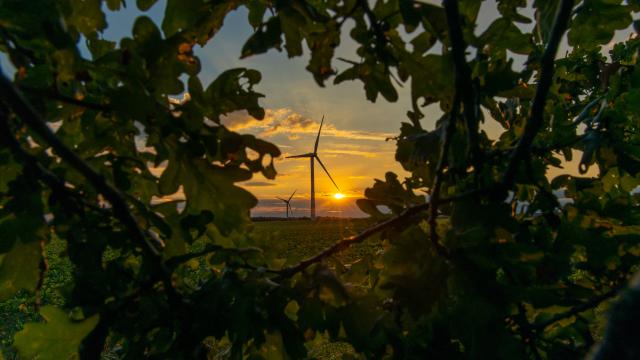The UK’s new climate plan isn’t just good news for getting emissions down, it’s great for helping nature, people, and the economy thrive too.

“The newly-published Carbon Budget and Growth Delivery Plan will make life better for households who want clean British energy instead of volatile imported fossil fuels and for farmers who are being pushed to the brink by droughts and flooding caused by extreme weather.
Setting a clear path to decarbonise the economy is common sense for a country that is looking for its next economic success story, as the UK’s green economy is growing three times faster than the UK as a whole.
We are already halfway to Net Zero, thanks to the pragmatic cross-party approach that gave us the Climate Change Act. Delivering this plan won’t just ensure a brighter future for our children and for nature; it will improve our lives today.”
What is the Carbon Budget and Growth Delivery Plan (CBGDP)?
The CBGDP is the Government’s new climate plan. It sets out the UK’s strategy to reduce greenhouse gas emissions across all sectors of the economy to 2037 (the remaining years to the 2050 net zero target will be covered by additional plans). It was launched on Wednesday 29th October 2025.
The new plan has been produced because the High Court ruled that the previous plan, produced in 2023, was not clear or ambitious enough to hit its targets.
Under the plan, the Government has pledged to deliver numerous policies to reduce emissions and support people. These include reaffirming its commitment to decarbonise the UK’s electricity supply by 2030; providing an electric car grant and increasing the number of electric vehicle charging points; helping households to install heat pumps to bring energy bills down; and protecting energy-intensive industries.
Taken together, this new plan sets out how government will deliver warmer homes and lower bills for households, boost the economy and create jobs, and protect the nature we love. Accelerating delivery for climate and nature while unlocking direct benefits for people today and in the future will be critical.
Why is climate action good for nature?
Climate change is already devastating nature. 2025 was the hottest on record, with the Environment Agency declaring droughts across Cumbria, Lancashire, Greater Manchester, Yorkshire, and the East and West Midlands.
Increasing temperatures and extreme weather are impacting some of the UK’s most iconic species, from bumble bees to oak trees. Climate action is essential to safeguard the plants, animals, and landscapes that make Britain unique.
Nature gives us clean air, fresh water, and nutritious food, but we can’t take it for granted. By tackling climate change, we can reduce the pressure on nature, enabling it to keep providing what we need to survive and thrive.
Nature can be our greatest ally in addressing climate change. Restoring carbon rich habitats like peatlands and saltmarshes helps to draw down carbon. These nature-based solutions also help make the UK more resilient to the impacts of climate change, such as drought and flooding - climate action and nature recovery go hand in hand.
Restoring nature means more vibrant and resilient landscapes, richer biodiversity, and better places for everyone to live, work, and play. Protecting nature through climate action helps make the UK more resilient today and ensures we pass on a healthy, habitable world to our children and grandchildren.
Why is climate action good for people?
Transitioning to homegrown renewable energy will help to address high energy bills and increase the UK’s energy security. Wholesale gas prices are still 75% higher than in the year before Russia invaded Ukraine. Switching from expensive and volatile fossil fuel imports to clean British energy can help bring bills down.
Research by Green Alliance found that households are paying over £200 more a year due to the joint impacts of nature loss and climate change on expenses including water bills, insurance premiums, and food prices. By tackling climate change, we can also tackle the cost-of-living crisis.
Climate-friendly policies can also improve health outcomes and the quality of life in the UK. Britain has one of the coldest, dampest, and leakiest housing stocks in Europe. It has been estimated that the UK’s poor building quality and lack of insulation has cost the NHS £1.4 billion per year in colds, flu, and pneumonia. Insulating our homes will make them warmer, more efficient, and better for the health of families across the UK. By taking climate action, we can improve lives today as well as ensuring a healthier and happier future for our children.
Investing in our local environment also has the power to improve the nation’s mental health. 89% of Brits say that spending time in nature has a positive effect on their mental health. It has never been more important for the public to get their ‘daily dose’ of nature.
Why is climate action good for the economy?
Climate action drives economic growth. Between 2023 and 2024, the net zero economy grew 10.1%, which was three times faster than the wider economy. This presents a significant opportunity for businesses. At an operational level, switching to homegrown clean energy can help businesses to reduce their energy bills as well as their exposure to volatile imported fossil fuels. Green energy, energy efficiency, and waste reduction all reduce operational costs.
Setting a corporate commitment to net zero and embarking on this journey is helping businesses to futureproof their operations, making them more resilient to climate shocks. The impacts of climate change are being felt here and now in the UK. Extreme weather is negatively affecting businesses across sectors from energy and water supply to goods and services.
Investors and shareholders are also more likely to be attracted to companies with a long-term sustainability strategy. This is why executives of global companies such as agri-trading giant ADM, global bank Standard Chartered, and UK insurer Aviva have re-affirmed their commitment to their sustainability transition.
Lastly, customers are increasingly interested in a businesses’ sustainability credentials, from a product’s carbon footprint and impact on the natural environment to how it is packaged. In 2024, PWC found consumers were willing to pay a 10% sustainability premium, in spite of cost of living pressures. Demonstrating a commitment to sustainability supports a strong brand reputation, while protecting the natural foundations the economy is built on.
You can read our full business briefing on the CBGDP here.
Sustainability is no longer optional – it’s a boardroom priority. Net zero is the economic opportunity of the 21st century. To seize it, the UK must now deliver against this new and ambitious climate plan.


